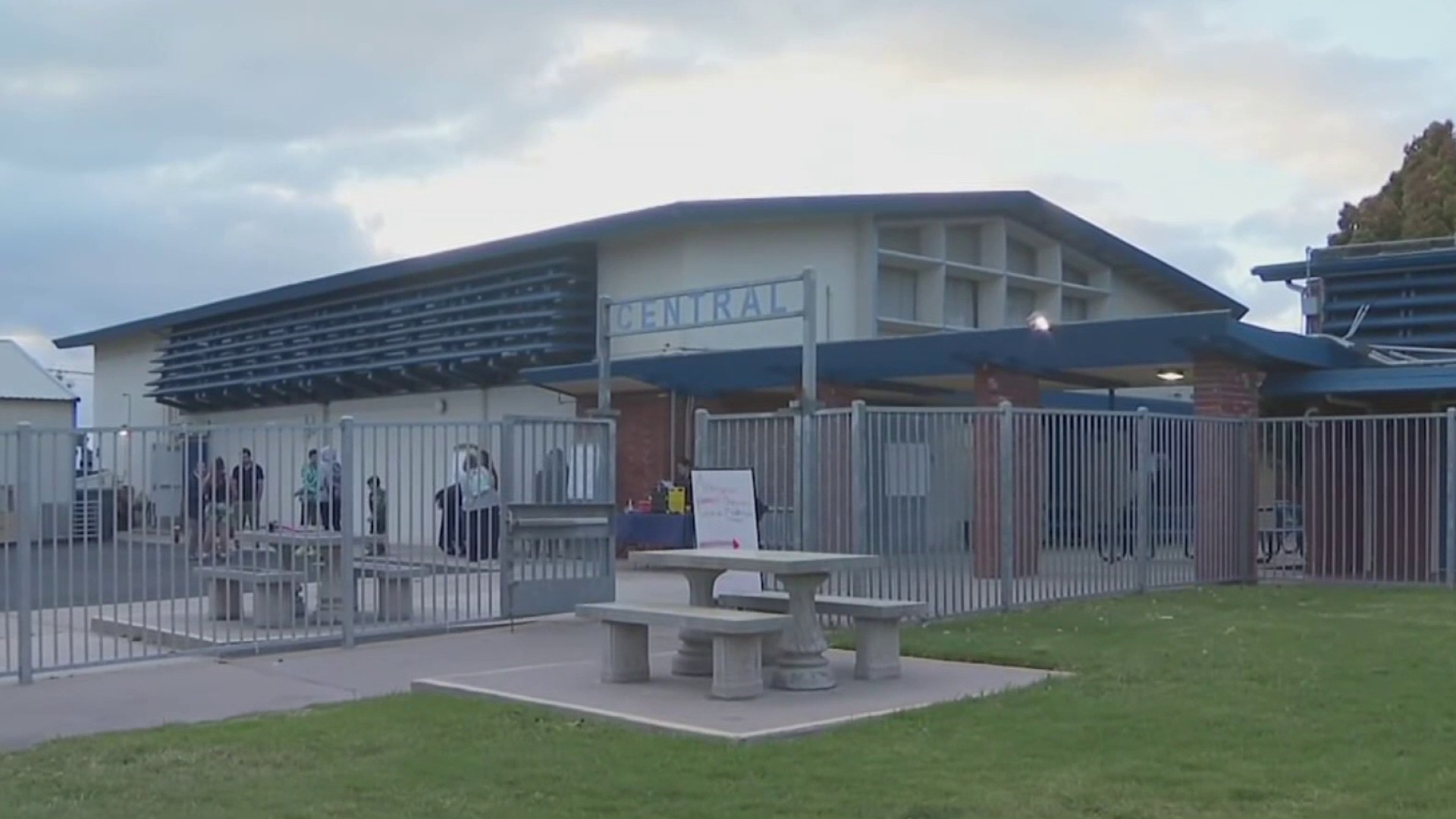Bernice “Bee” Haydu is not as young as she used to be. Although she may be in her golden years, Bee’s had a very interesting past.
She served as a pilot during World War II. Bee was a WASP, an elite group of women who served their country during the ‘greatest generation’. While they fought valiantly for America’s freedom so many decades ago the women came together again at Palomar Airport on Sunday to fight for another reason.
“I think it should be granted,” Bee said. “There are so few of us left. It’s ridiculous they’re even bringing the subject up.”
The Army revoked the burial rights for WASPs at Arlington National Cemetery last year. The cemetery, which is run by the Army, approved active duty designees in 2002, including WASP pilots, for military honors and inurnments. However, in March 2015, then-Secretary of the Army John McHugh reversed the decision.
“First they said we could, then they said we couldn’t, then they said we could, and now they’re saying we couldn’t, so who knows,” Bee explained visibly frustrated.
This is where Representative Susan Davis of San Diego came into the picture. She co-authored a bill, the WASP Arlington Inurnment Restoration (AIR) Act, that would overturn the Army's 2015 decision.
“I’m really honored to be here especially with these incredible women who have done so much for our country, not only the job that they did as WASPs, but also the inspiration they provided to so many women pilots today who serve in the military,” Davis told NBC 7.
The Women Air Force Service Pilots or WASPs served during World War II when the US was experiencing a pilot shortage. WASPs were civilian women trained to fly military aircraft so male pilots could deploy overseas for combat.
Local
Bee told NBC 7 her WASP uniform was at the San Diego Air and Space Museum. “One of our WASPs was dying so she sent me her uniform to wear so I could testify before Congress,” Bee explained.
She said she’s already made other arrangements to be buried with her husband but she sympathizes with the women who want that honor. She said for many of the WASPs it was their ‘living wish.’
“If they were here they would be devastated to know it wasn’t going to be honored," she said.
Davis said the bill is now in committee, and she thinks it will pass through Congress.
During the war, more than 25,000 women applied to be WASPs, but less than 1,100 were accepted into the program.
The issue of the WASPs' rejection from Arlington National Cemetery was brought to light by the family of Elaine Harmon, a former WASP, who passed away in April 2015. When the family sought military honors for Elaine at Arlington, they were denied by the Army.
Congresswoman Davis represents the 53rd Congressional District, which includes La Mesa, Lemon Grove, Spring Valley and parts of San Diego, El Cajon, and Chula Vista.
She is a senior member of the House Armed Services Committee, serving as the Ranking Member of the Military Personnel Subcommittee. She also serves on the House Committee on Education and the Workforce.



